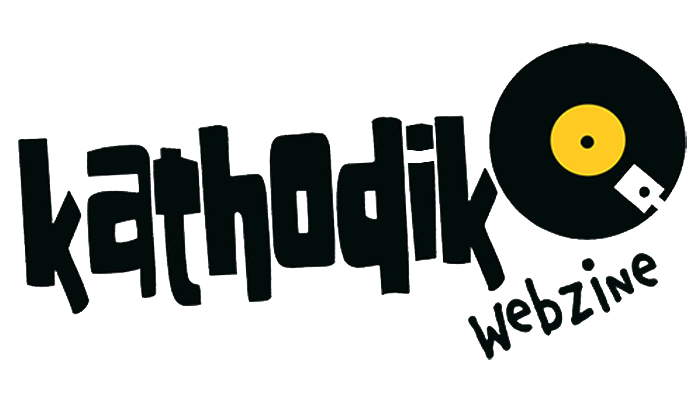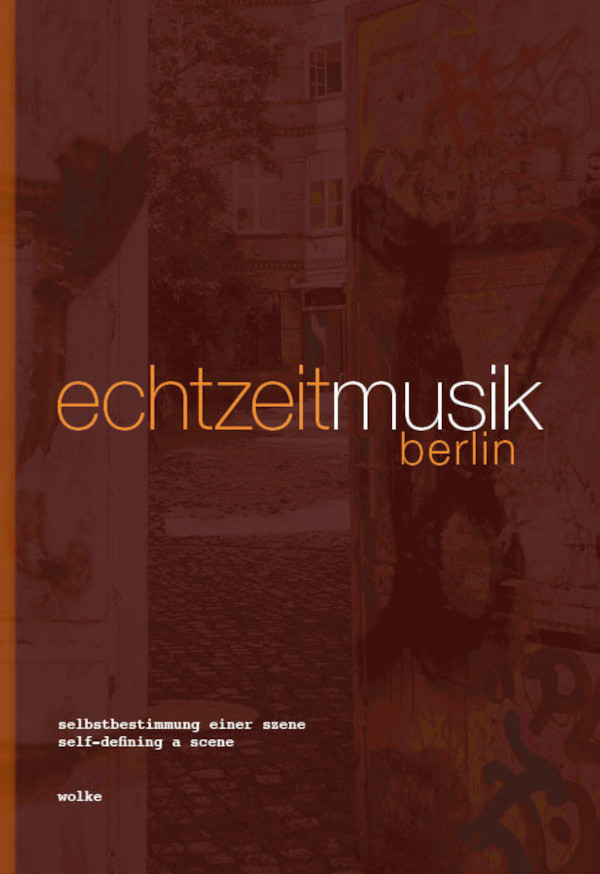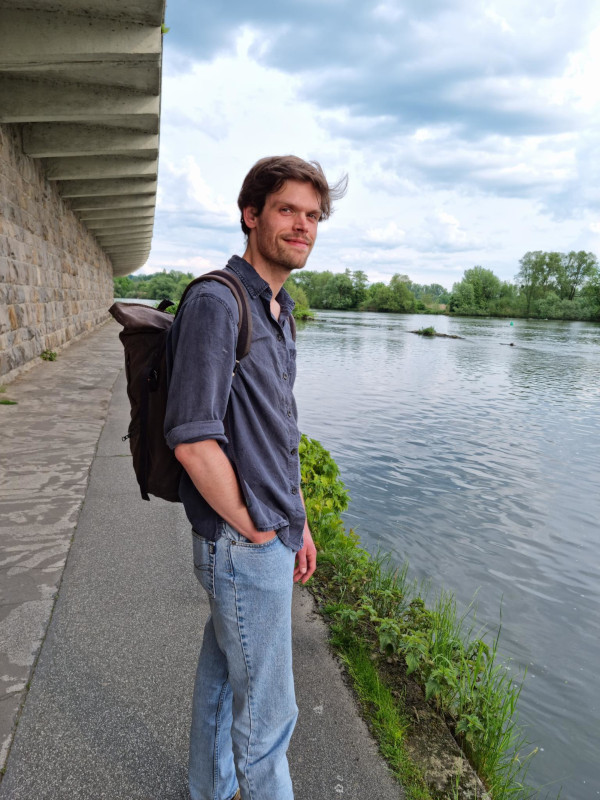
We carry on our series of meetings dedicated to Kathodik’s readers so that they get to know better who is in charge of promoting a speech of musical criticism in the publishing industry. The first meeting was with Marco Refe of Crac Editions, a small and fierce publishing house dedicated to music criticism (here). The second meeting was with Professor Luca Cerchiari, musicologist, professor at the IULM University of Milan of the History of Pop and Jazz, and curator of the series ‘Contemporary Music’ of Mimesis Editions (here). For this third meeting I “virtually” head to Germany to interview Karl Ludwig, Comunication Manager of wolke werlag, a German publishing house dedicated to publishing-releasing interesting essays on jazz and contemporary music with texts on authors such as Albert Ayler and Anthony Braxton. Kathodik’s readers can read about this publisher because I reviewed this wonderful photo book on FMP Records entitled ”Free Music Production FMP: The Living Music’ (here), I interviewed curator Marcus Müller (here), and I interviewed Timo Hoyer, author of the volume ‘Anthony Braxton. Creative Music’ (here). At this point it seemed natural to include the publishing house in this series of interviews and I addressed my questions to Karl Ludwig, Comunication Manager who was willing to talk about the history and philosophy behind the publications licensed by wolke verlag.
Here you can find the Italian Translation
How did the idea of the wolke verlag books on music publishing house come about?
wolke verlag was founded by four friends, who got infected with the Jazz virus in the 70s in Hofheim. For a small city (near Frankfurt) it had a lively Jazzscene that frequently featured international musicians also from the free jazz field. That was it – Derek Bailey’s “On Improvisation” had to be translated into German! Surrealism and Dada soon gave way to more music, Peter Brötzmann came along and Erik Satie was discovered. Over the years, the musical horizon widened and across borders has gotten to Shostakovitch, Ambient and Echtzeit music (The term ‘Echtzeitmusik’ was first introduced in the mid-1990s in order to distinguish the musical practices of a younger Berlin scene from music referred to as ‘Improvised Music’, ‘Free Jazz’, ‘New Music’, ‘Experimental Music’ and so on. (echtzeitmusik.de)) or Opera – and much more.
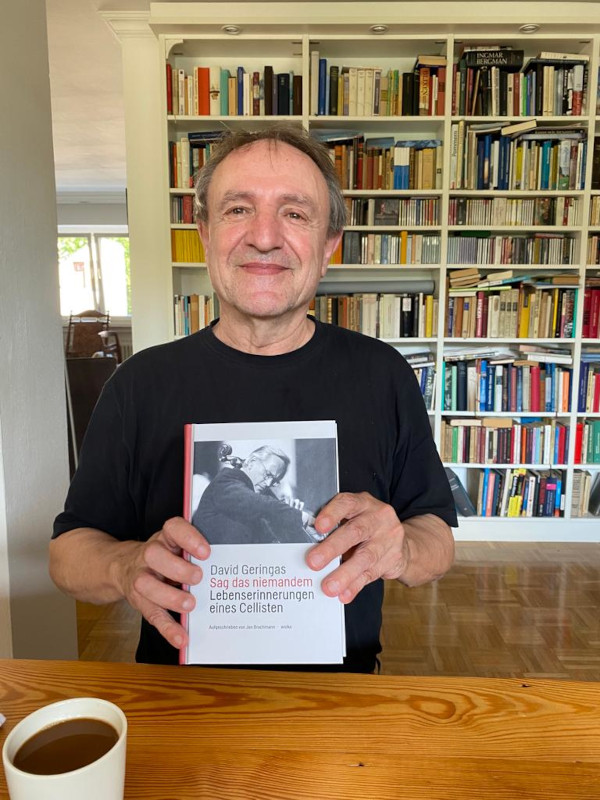
How do you select the titles for publication?
The first question is always: do I like it? But among the many aspects in the decision to publish a book are also considerations on the role of a topic or text in the current discourse, the visibility of certain fields and niches and – sadly – also the money. There are topics, that are dear to us and that we initiate actively – as was the case with “Composing While Black” or the upcoming Eric Dolphy translation. Others come our way and find fertile ground, others again are long-time projects of our friendly authors and we come knocking from time to time. In the end, it is always our wonderful authors who write books, not us.
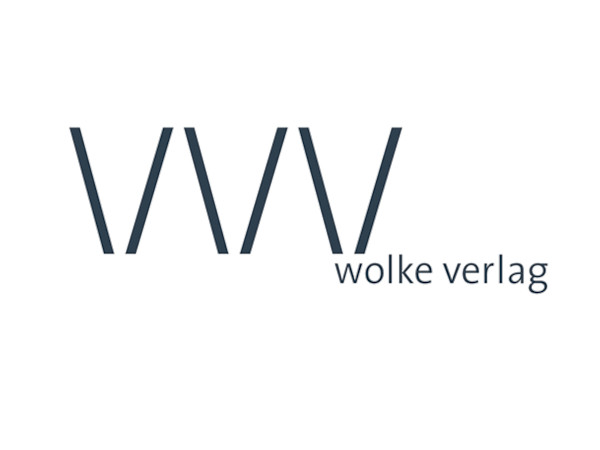
As far as the selection of foreign authors is concerned, which school of music criticism is the most referred to? Just to give you an example: are you more interested in English-speaking authors? Or in French-speaking authors? Or other languages?
What we look for in texts about music is a love for the music, profound knowledge of its cultural and political context and ingenuity in combining the two in good writing. Regardless of the language or school of criticism these aspects have to be reassured with every text that reaches us. That being said, our ties to the English speaking community is closer, also due to our own capabilities – it would be interesting to get to know more of the French speaking works and of course beyond!
Here follows a few technical questions: what about the fundraising, the circulation, the promotion and the distribution of a title you choose to publish?
We do that mostly ourselves. We have a professional distributor for bookshops, we do fundraising, promotion and circulation all by ourselves. Our means are therefore quite limited and we are lucky and happy, that we work in such a dedicated scene, that tends to keep itself informed!
What genres do you prefer to deal with for your publications and why?
In my opinion, thinking about music in terms of genre tends to narrow one’s perspective. It helps in getting information and exchanging quickly about music, but in the end, the sound is unique, every time. In that sense, it is our goal, that our books open doors for many, regardless of their belonging to a specific scene or genre.
This being said, our own interest lies in both improvised and composed music – music that grows through reapeated listenings. This wealth is a good indicator, that something in the music is worth thinking about, that it tells something, which allows a second text around it to say something, too.
What is the most interesting title that has been published to date and why?
I cannot answer to that! Every title has a right in its own. Be it the politically overdue “Composing While Black”, the theoretically stimulating “sinusoidal run rhythm” or the collection of Jazz compositions by the local celebrity Jürgen Wuchner “Serendipity” … The books we make are too diverse for an answer to that question!
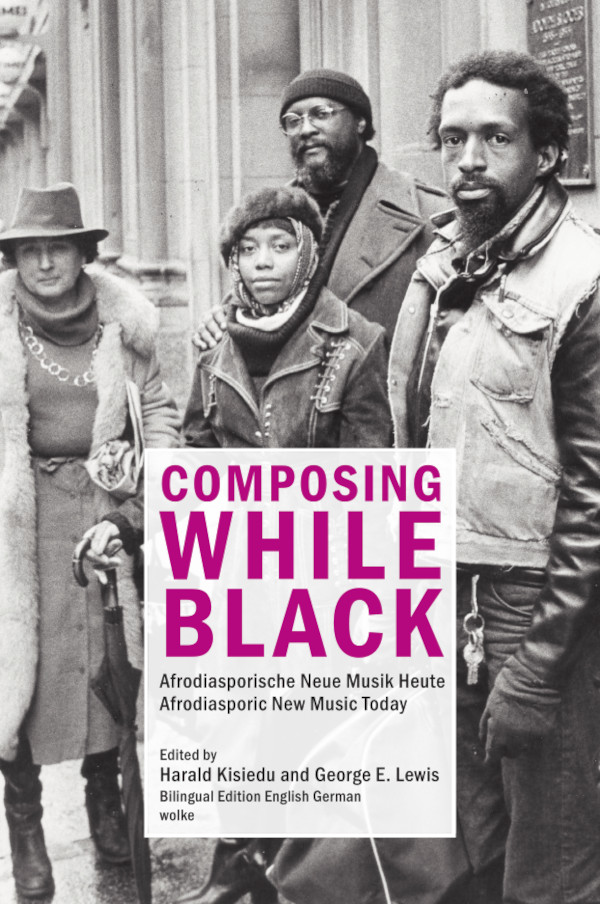
Do you think co-production between publishers for selected releases is possible, as it happens between microlabels in music?
I think, networks are essential in publishing as in life. Sharing production and cooperating in translation, distribution and promotion is vital and highly encouraged!
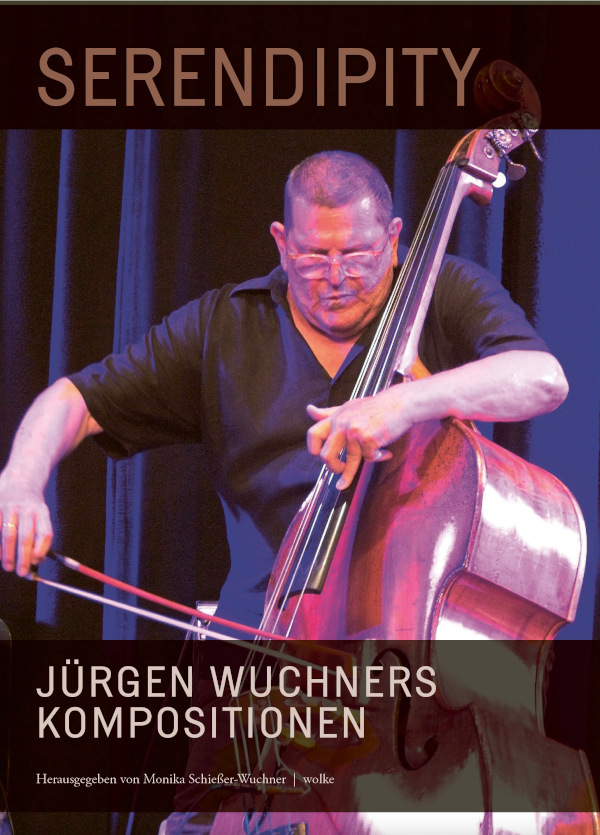
Does the German state help publishers with publishing?
Just this summer, we received a price from the country of Hessen, that supports independent publishers in the region. There is also a nation-wide competition. In addition, many of our projects receive funding through governmental institutions, which are equipped with funds to support cultural productions with. So, we get support and many of our activities wouldn’t be possible without. We will see, how much longer this is the case …
In addition to books, are you thinking of other forms of publication? For example documentaries, movies, podcasts?
We love books, for many reasons, one being, that it is an inherently private medium. One can read again, drift off, be with oneself – and this is a vital part of the kind of knowledge, that books transfer. At the same time, books might not be the ideal medium to transport oral or sonic knowledge. So we do look for ways to intertwine audible and readable information – through the use of QR-codes, playlists or interviews on our Social Media. We will see, where it leads us …
Are there any forthcoming titles worth mentioning?
Many: We are preparing books on Aloys Kontarsky, William Pearson, The Electronic Studio in Cologne, on ”Conducting’, on Eric Dolphy, Art Tatum, and many more – stay posted!
Link: wolke verlag Home Page
Link: wolke verlag Facebook Page
Link: wolke verlag Instagram Page
